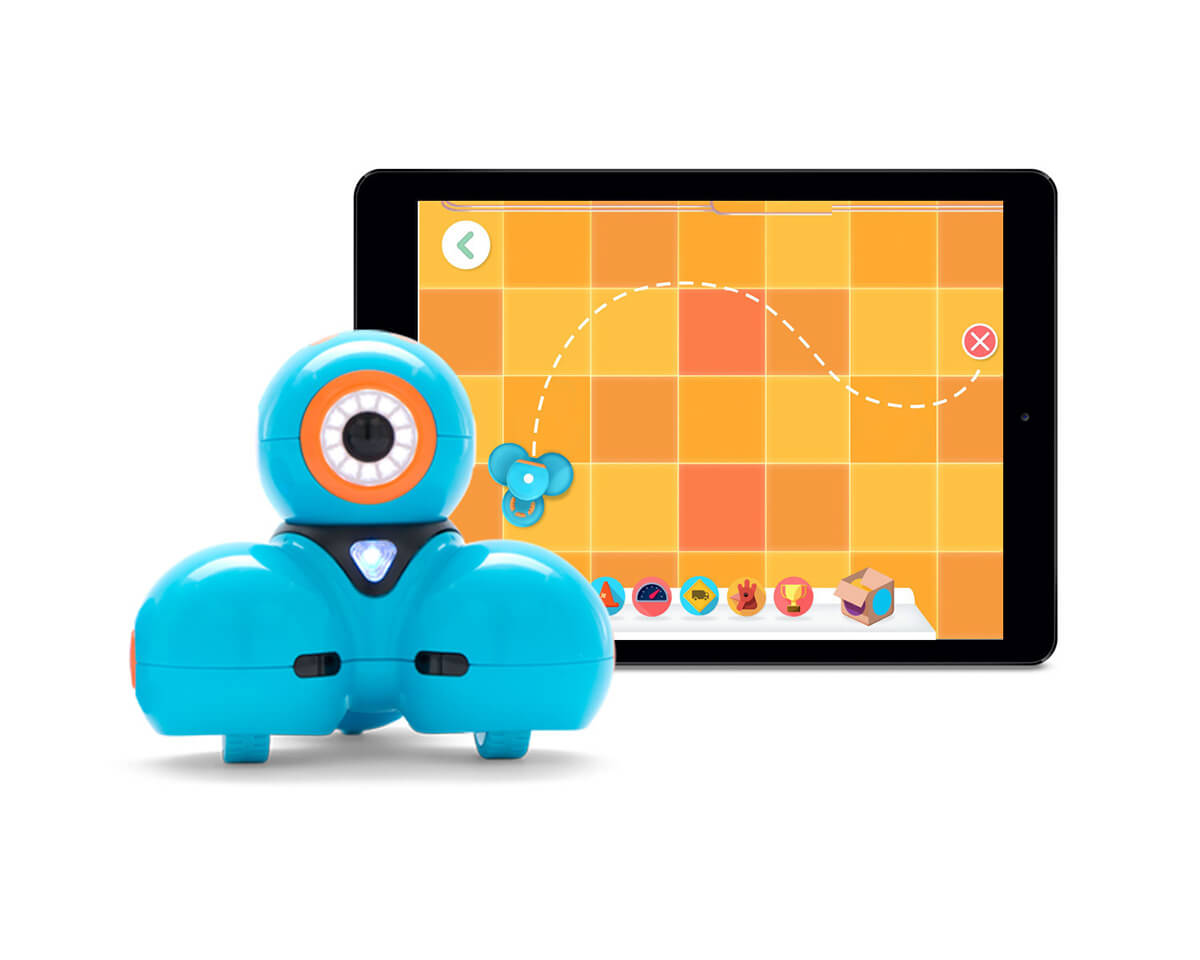
Teach Engineering is by far my favorite STEM resource to use when planning a lesson plan or activity for my classes, or students. This website provides a variety of engaging STEM lessons that include all materials, worksheets, pictures, videos, and the amount of time that is needed/ required to spend on each lesson. It also provides students and teachers with additional resources to utilize during learning/ teaching the lessons in order to expand thinking, and learning. Another great feature that this website has is that there are units for teachers to utilize for each grade level. Each unit focuses on a certain topic/subject, such as physics and math. Students are also able to use this website for additional help on certain STEM areas. In addition, all activities provided on this site are hands-on, which tends to allow students enjoy learning more. All activities provide a detailed procedure and directions of how to build models needed.



